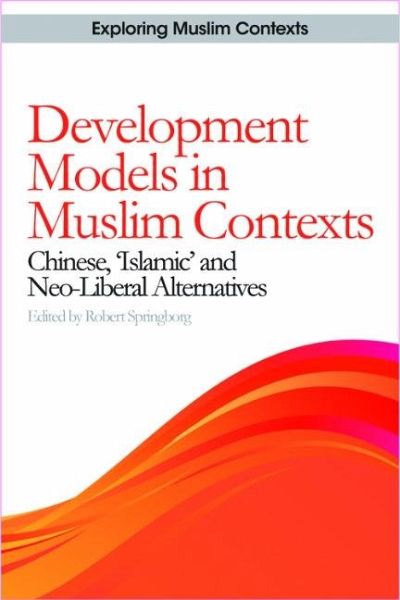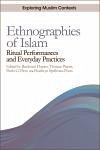
Development Models in Muslim Contexts (eBook, PDF)
Chinese, 'Islamic' and Neo-liberal Alternatives
Redaktion: Springborg, Robert

PAYBACK Punkte
0 °P sammeln!
Recent discussions of the 'Chinese economic development model', the emergence of an alternative 'Muslim model' over the past quarter century and the faltering globalisation of the 'Washington Consensus' all point to the need to investigate more systematically the nature of these models and their competitive attractions. This is especially the case in the Muslim world which both spans different economic and geographic categories and is itself the progenitor of a development model. The 'Chinese model' has attracted the greatest attention in step with that country's phenomenal growth and therefor...
Recent discussions of the 'Chinese economic development model', the emergence of an alternative 'Muslim model' over the past quarter century and the faltering globalisation of the 'Washington Consensus' all point to the need to investigate more systematically the nature of these models and their competitive attractions. This is especially the case in the Muslim world which both spans different economic and geographic categories and is itself the progenitor of a development model. The 'Chinese model' has attracted the greatest attention in step with that country's phenomenal growth and therefore provides the primary focus for this book. This volume examines the characteristics of this model and its reception in two major regions of the world - Africa and Latin America. It also investigates the current competition over development models across Muslim contexts. The question of which model or models, if any, will guide development in Muslim majority countries is vital not only for them, but for the world as a whole. This is the first political economy study to address this vital question as well as the closely related issue of the centrality of governance to development.
Dieser Download kann aus rechtlichen Gründen nur mit Rechnungsadresse in A, B, BG, CY, CZ, D, DK, EW, E, FIN, F, GR, HR, H, IRL, I, LT, L, LR, M, NL, PL, P, R, S, SLO, SK ausgeliefert werden.













